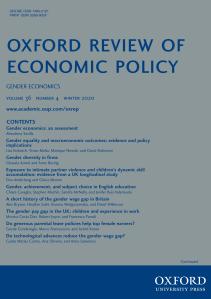Event
9 July 2020 at 10:30
<p>Please see above for details on how to watch this event online.</p>
On Wednesday the Chancellor is due to deliver a Summer Economic Update, where he is expected to announce further measures to help the recovery from the COVID-19 crisis. The following morning, IFS researchers will present their initial analysis of the trade-offs that the Chancellor has made at a free online event







































